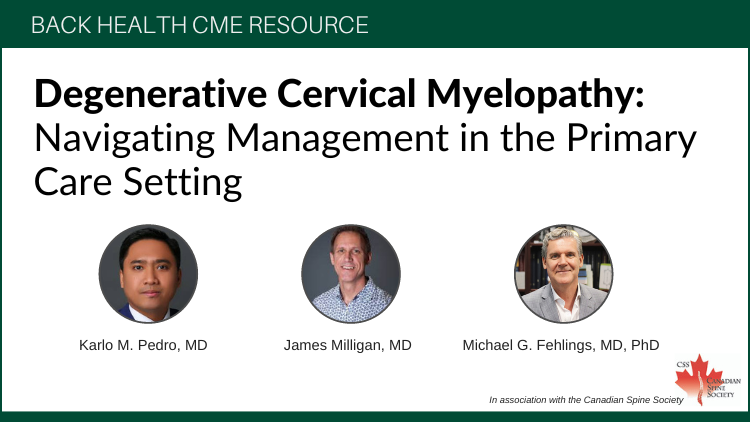1 Division of Neurosurgery, Krembil Neuroscience Centre, University Health Network, Toronto, ON, Canada.
2 McMaster University, Department of Family Medicine, Hamilton, ON, Canada.
3Division of Neurosurgery and Spine Program, Department of Surgery, University of Toronto, Toronto, ON, Canada.
